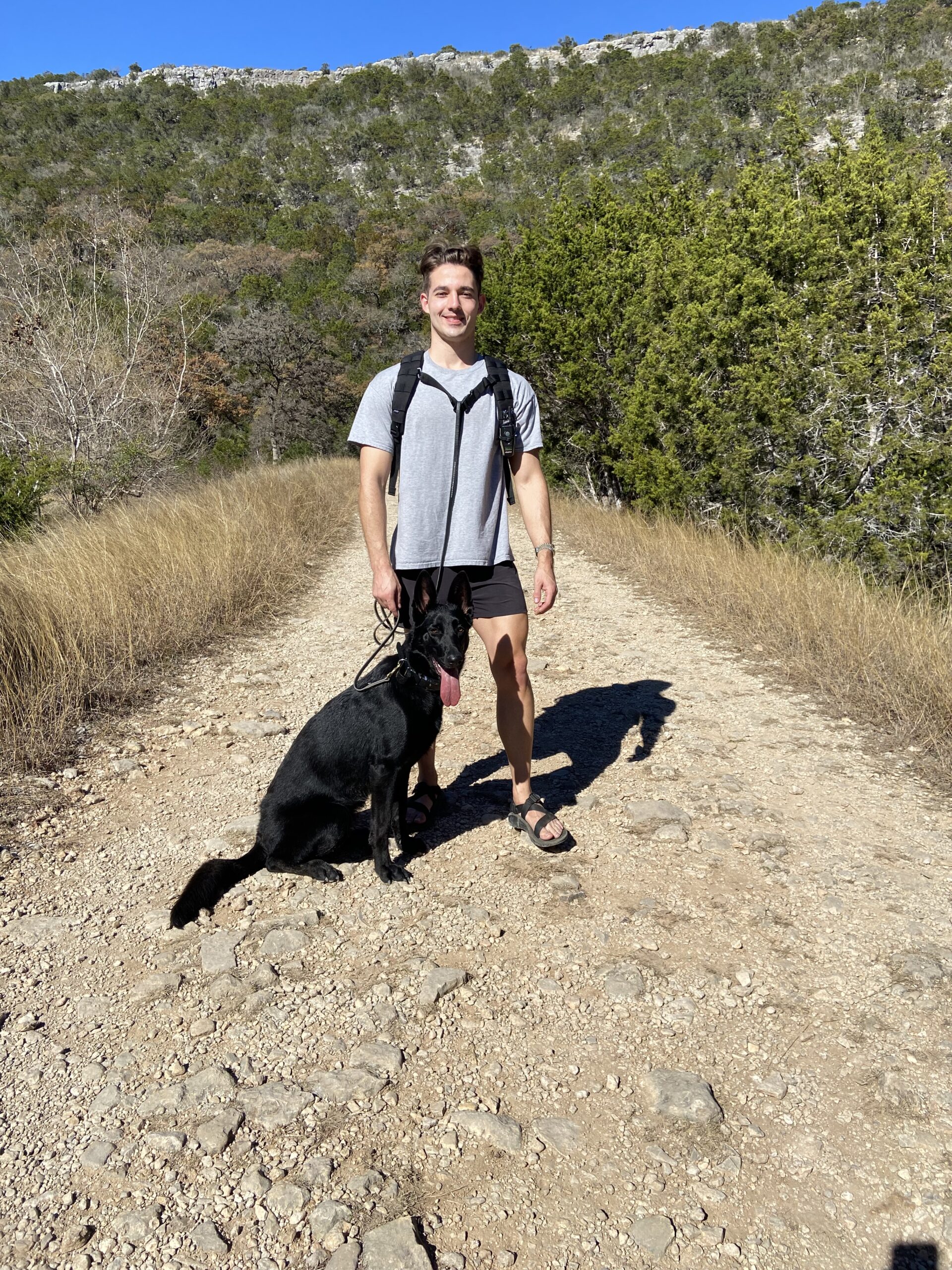We strive to provide you with authoritative, trustworthy, and expert advice. In doing so, the staff at natureoften.com performs extensive research, editing, and fact checking to every post on this webiste. If you feel that this article can improve, please feel free to reach us at [email protected]
German Shepards are noble creatures who live to work and have a lot of energy to burn. Add in the playfulness of a puppy and you’ve got a lot of work on your hands and a best friend for life.
At what age does a German Shepherd calm down?
“Calm” is a relative term for this breed, as they are built to have a lot of energy and require plenty of exercise. Keeping your German Shepherd mentally and physically engaged will create more calm as the dog will feel like it has completed its work for the day.
By the age of 2, the German Shepherd should be out of the puppy and adolescent stage and be calmer than it was before, but never expect this dog to be a couch potato. It is always going to want to work for you and with you.
Training your German Shepherd from the first day is key to building on the strengths of this breed and eliminating any bad behavior.
A big part of your dog being calm is if you are calm, according to dog expert Cesar Milan.
At what age do German shepherds show hip dysplasia?
Large breed dogs like German Shepherds can show signs of hip dysplasia as early as four months old, but it can manifest at any age.
Start with your first vet visit to test the mobility and flexibility of the hips. Then, as your German Shepherd ages, look for hallmark signs of hip issues:
- Reluctance or difficulty around stairs, or during running and jumping
- Lameness in the back legs
- “Bunny Hopping” gait
- Decreased activity (especially in such an active breed like a German Shepherd
Another big health concern for aging German Shepherds is Degenerative Myelopathy. This is a progressive disease in the back limbs that can cause weakness and be paralyzing.
How long does German Shepherd puppy stage last?
The puppy stage is technically done at six months of age, but that doesn’t mean you’ve got a well-behaved, grown-up dog on your hands. At the six-month mark, the puppy goes onto the Adolescent staff, not reaching full adulthood until 2-3 years.
It is imperative during the puppy stage you do daily training, around 15 minutes a day, to stop bad behaviors and reinforce good behaviors.
Socialization is important as well as taming any bad habits like jumping on people, lunging, or barking ferociously.
This is also a time to determine if you are going to have the dog spayed or neutered, as both impact the behavior of the dog and how you should handle it going into the next stage.
What is the hardest puppy stage?
Sometimes the hardest puppy stage depends on your frustration limit.
The cute little puppy suddenly starts chewing on shoes or unstuffing a pillow, and if you are too busy taking “cute” photos of the dog instead of correcting the behavior, you are going to find many hard stages.
Potty training can make the best dog owner feel overwhelmed if not done properly with crate training and reinforcing correct potty moments.
Ask any German Shepherd owner and they’ll probably tell you the hardest puppy stage isn’t a puppy stage at all. It’s the adolescent stage.
The dogs have been trained enough to know better, but are now big and strong enough to barrel through their energy with the zest of a teenager and are more than willing to test their boundaries.
Sadly, this is the stage when many owners give up and take the dogs to the shelter, deeming them “difficult” or “aggressive”, when it’s really just the owner’s lack of knowledge or willingness to work with this brilliant and teachable breed.
Final Thoughts
Make sure you have the time and patience to train a dog with this much energy and dominance.
Do deep research on this breed before bringing one home. You have a lot of work ahead of you, but it’s well worth it. Train the German Shepherd from the earliest stage possible for basic commands like sit, stay, walk on a loose leash, and voice recall.
These dogs stay very active throughout their lives and you’ll need to keep up with that energy.
Due to shedding, you’ll need to brush the dog every few days, and more during the two times a year when the dogs “blow their coat.”
Consider training your German Shepherd to the standard of the AKC Good Canine Citizen program and you’ll have a friendly, approachable dog who will also defend your family in times of crisis.

Robert is a passionate outdoorsman who spends most of is time outside in nature. He regularly goes on hikes with his solid black German shepherd (her name’s Mara), spends time camping in his new Airstream Basecamp 20x, and much more.